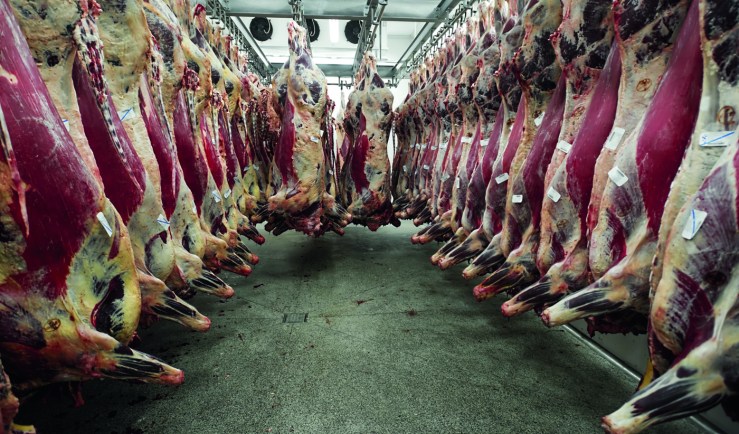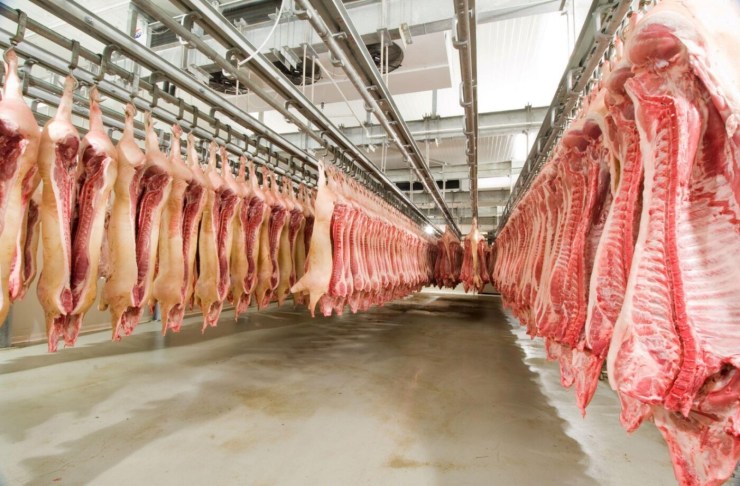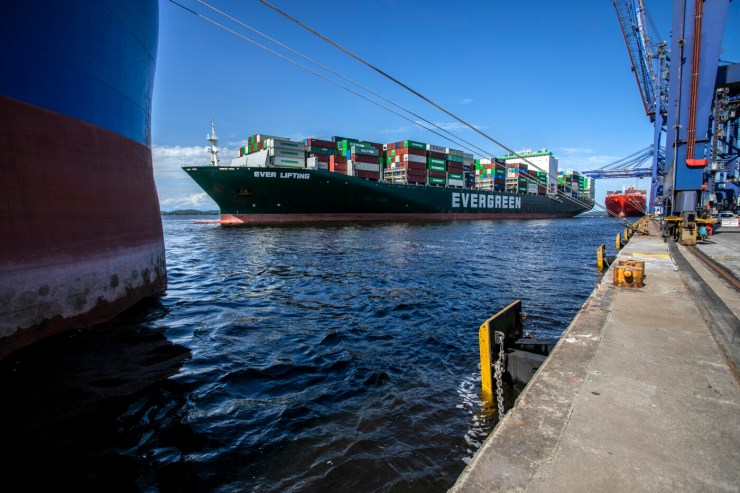The Certified Angus Beef Program reached a new record in the first half of 2025. A total of 2,648 tons of product were exported, representing an increase of 98.61 TP4T compared to the same period last year. As for the main destination, a new development: Israel became the largest importer, with 351 TP4T of sales, pushing China into second place with 311 TP4T.
The program's growth results were released this week by the Brazilian Angus and Ultrablack Association. According to president José Paulo Cairoli, they confirm the program's expectations for this year. "The numbers from the first half of the year show that 2025 will indeed be a historic year. The demand for quality is only growing, and the increase in exports proves that we are aligned with market demands. The recognition of certified Angus beef as a synonym for excellence is the result of consistent work throughout the production chain," comments Cairoli.

Photo: Ricardo Pedra
Wilson Brochmann, director of the Certified Angus Beef Program, states that the positive results are the result of ongoing work. According to him, the initiative currently has 80 technicians working on certification in Brazil. "Several meatpacking plants have approached us for certification. This demonstrates the market's need for certified beef, which has led to our growth," he emphasizes.
The first half of 2025 also saw an increase in slaughter volume. 255,600 animals were slaughtered in the first half of this year, 13.1% more than in the first six months of 2024.
Israel becomes the main importer
The increased volume traded to Israel is one of the highlights of the semester. Historically a strong importer of beef from the United States, the country ultimately opted for Brazil due to declines in the North American herd. "Countries that demand quality meat, like Israel, are finding this quality in the program to import from Brazil," highlights Maychel Borges, manager of the Certified Angus Beef Program.
This growth also marks greater diversification, eliminating dependence on a single major importer. Besides Israel and China, the program's main buyers were Chile, Saudi Arabia, Mexico, Iraq, the United Arab Emirates, Lebanon, Kuwait, and Malaysia. In total, 24 countries imported the product.




